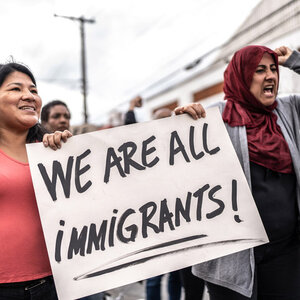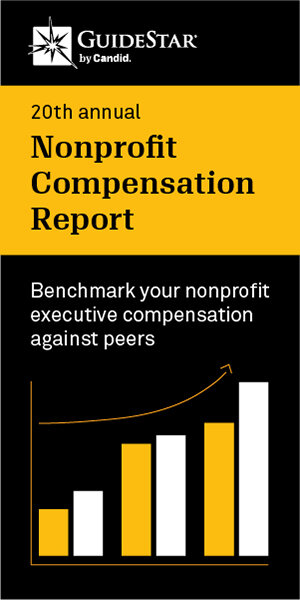EPI Map: Characteristics of states with anti-racial and/or gender justice legislation

Mission: To inform people and empower them to seek solutions that will ensure broadly shared prosperity and opportunity.
Background: The Economic Policy Institute is an independent, nonprofit think tank created to represent the economic condition of low- and middle-income Americans and their families in policy discussions and help policy makers, opinion leaders, advocates, journalists, and the public understand the bread-and-butter issues affecting ordinary Americans. On the EPI's Working Economics Blog, EPI analysts Marokey Sawo and Asha Banerjee discuss the controversy surrounding critical race theory, which they describe as an academic discourse, mostly taught in law schools, that calls for an examination of the U.S. legal system from a racial lens and how policy makers are creating legislation in opposition to CRT and how it intersects with civil rights, worker power, and economic justice. Several states have passed legislation banning or hindering teachings on the United States' history of racial and gender-based hierarchy and its contemporary ramifications, mostly in K-12 schools, through which lawmakers have sought to restrict education on racial injustices and related biases. Theorizing that the same states enacting bills under the banner of stopping critical race theory have also historically disempowered workers and exhibited racial and economic inequities, the authors provide an interactive map highlighting "characteristics of states with anti-racial and/or gender justice legislation."
Outstanding Web Features: The interactive map provided by Sawo and Banerjee shows that the states where lawmakers have advanced these bills also have low unionization rates, have more voter suppression bills, and are more likely to be so-called "right-to-work" states. EPI defines "right-to-work" as laws that do not confer any right to a job. Instead, it makes it illegal for a group of unionized workers to negotiate a collective bargaining contract (a contract governing workplace wages, benefits, and working conditions) that includes "fair share fees." Visitors can select from a menu of choices to see the minimum wage in each affected state, the union density, any racial/gender discourse bans or opposition to CRT, if there are voter suppression bills, and its right-to-work status.





